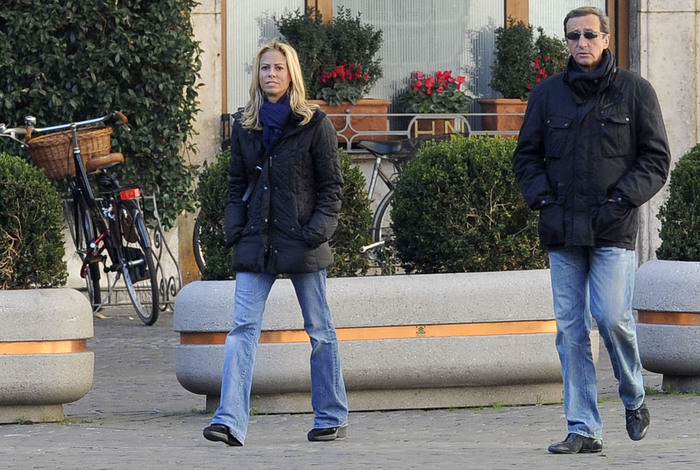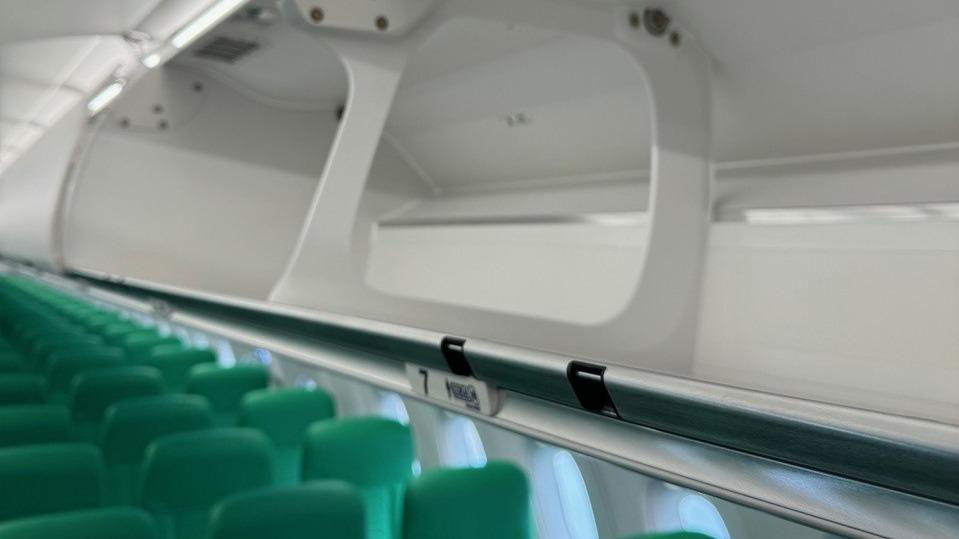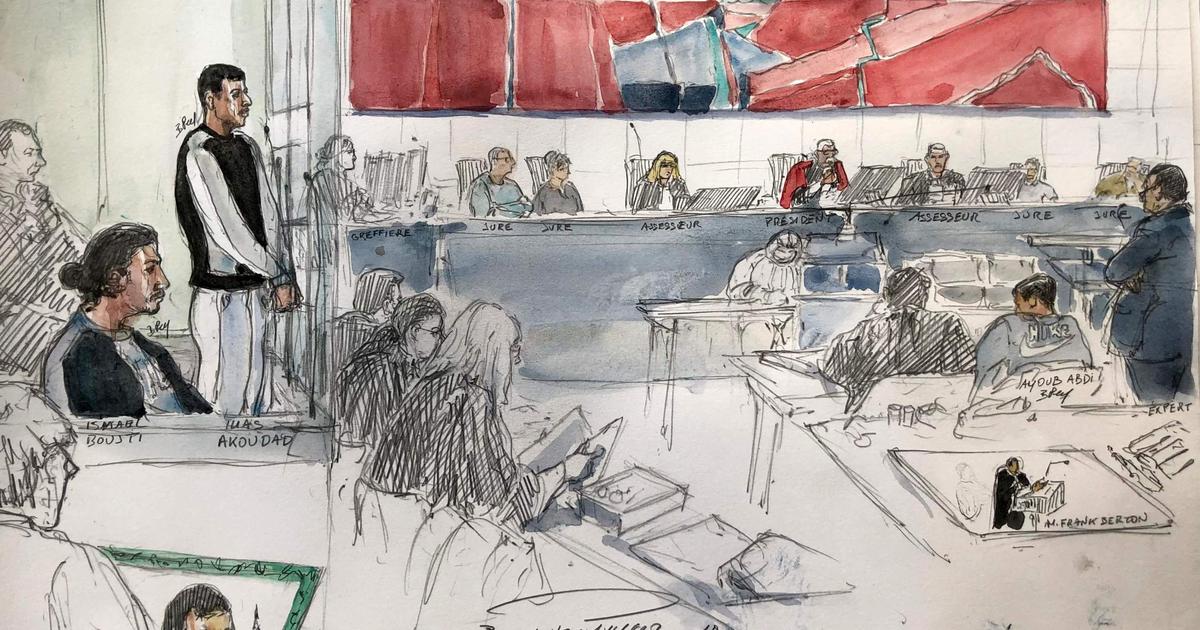"We know that this position will most likely be inaudible to the civil parties, but we are not in a position to request the condemnation of Air France and Airbus", declared the prosecutor after the eight weeks of hearing of the trial of the crash of the Rio-Paris in 2009. The two groups were to be tried for manslaughter after the crash of the flight in which 228 people died on June 1, 2009. The guilt of the companies "seems impossible to demonstrate to us", declared in conclusion the magistrate under the boos of the families of the victims.
“This tragic accident is above all a human tragedy which has forever upset the relatives of the victims”, whose “suffering has constantly been reactivated during these thirteen years”, a “much too long delay”, had declared the prosecutor Marie Duffourc in the morning, in the crowded courtroom of the Paris Criminal Court.
“Your court will have to bring out a truth, that of justice, which will have to bring out or not the criminal responsibility of Air France and Airbus”, had continued the magistrate.
This truth will “always be unsatisfactory” but “it is essential, because it will provide your answer to the accident”.
“Representing society in such a trial means preserving social order (...) It is also a reminder that respect for human life does not allow any compromise.
Nevertheless, it is only to support the prosecution if the offenses are characterized, ”she warned.
“Different assessments” of the file
Over the years, the magistrates have had "different assessments" of the case, which "have also been reflected in the debates", which "testifies to the great difficulty that there will be, for your court, to render a judgment accepted of all," she added.
The second prosecutor Pierre Arnaudin then began to detail all the "contributing factors" of the accident, in order to find out if a "fault" can be held against Airbus and Air France in "certain connection" with the disaster, in which 228 people died on June 1, 2009.
Read alsoThe last minutes of the Rio-Paris at the crash trial: "Until the end, the crew sought to find a solution"
The two companies, which faced a fine of 225,000 euros each, had contested any breach in connection with the disaster.
The long legal proceedings that culminated in this trial saw two different positions on the part of the public prosecutor.
The Rio-Paris disaster remains the most serious accident in the history of Air France.
On June 1, 2009, flight AF447 linking Rio de Janeiro to Paris crossed the difficult weather zone of the "Doldrums" when the Pitot anemometric probes, measuring the speed of the aircraft and located outside the aircraft, were clogged with ice crystals.
Suspected of having underestimated the seriousness of this failure
In the cockpit, this simultaneous failure of the three probes led to a sudden disconnection of the autopilot and a switch to a degraded piloting mode.
A series of alarms go off.
The two co-pilots then in post were surprised, clearly disconcerted.
Whoever is at the controls adopts an upward trajectory - several hypotheses have been put forward at the helm to explain this decision - which will ultimately cause the aircraft to stall.
The co-pilots are soon joined by the captain who was off duty, but the three men are unable to regain control of the plane, which hits the ocean less than five minutes after the probes icing.
The whole issue of the trial is to determine whether the pilots were prevented from reacting properly to the failure.
The company is suspected of not having sufficiently trained and informed its crews: during the months preceding the accident, failures of Pitot probes had multiplied.
Airbus is being sued for having underestimated the seriousness of this failure and not having urgently informed its customers, the airlines, of the problem.
The non-systematic replacement of a model of Thales probes (the AA model) by another model that seems to ice less often is also at the heart of the debates - the Rio-Paris, an A330 registered F-GZCP, was equipped with these AA probes.














